U.S. introduces sanctions on Libya
The U.S. is moving ahead with unilateral sanctions aimed at pressuring Libyan leader Muammar Gadhafi to stop a violent crackdown on opposition protesters.
Saturday, 26.02.2011.
13:29

The U.S. is moving ahead with unilateral sanctions aimed at pressuring Libyan leader Muammar Gadhafi to stop a violent crackdown on opposition protesters. White House Press Secretary Jay Carney announced the steps at Friday's White House news briefing as he spoke about a situation in Libya he said remained "dangerous and unresolved." U.S. introduces sanctions on Libya Though they are still being finalized, he said they were consistent with U.S. President Barack Obama's order to prepare a full range of options to hold the Libyan government accountable for violations of human rights. "We are initiating a series of steps at the unilateral level and the multilateral level to pressure the regime in Libya to stop killing its own people," Carney said. Carney said more details would be provided in the "near future," noting the focus was on actions that could be taken quickly. He noted that discussions the U.S. was having at the UN involved steps such as a weapons embargo, sanctions against Libyan officials and an asset freeze. The White House also announced that Obama would meet on Monday with UN Secretary General Ban Ki-moon to discuss "diplomatic, legal and other actions needed to put a stop to violence against civilians in Libya." Two steps that were detailed on Friday include suspension of limited U.S. military cooperation with Libya, and a U.S. government advisory to financial institutions to be vigilant regarding potential movement of assets that may be related to the situation in Libya. Obama is briefed on the Libya situation by his national security adviser and he spoke by telephone on Friday with Turkey's Prime Minister Recep Tayyip Erdogan. The White House says that in this and earlier conversations with French President Nicolas Sarkozy, British Prime Minister David Cameron and Italy's Prime Minister Silvio Berlusconi, the president explained unilateral measures and noted his desire to coordinate on measures allies are considering. The president's spokesman avoided a direct reaction to the speech Gaddafi gave to supporters in Tripoli on Friday, in which he vowed to defeat what he called "foreign aggression." But Carney said it was clear Gaddafi had "lost the confidence of his people". "He is overseeing the brutal treatment of his people, the fatal violence against his own people, and his legitimacy has been reduced to zero in the eyes of his own people," he said. As with other turmoil in the region, in Egypt, Tunisia and elsewhere, statements by Obama and others in the administration have specifically avoided any call for the ouster of leaders or governments. That pattern continued on Friday, with Carney saying the Libyan situation "is not about personalities" and adding that U.S. policy decisions were based on broad principles, such as the need for governments to respect universal rights and listen to the aspirations of their people. The president's spokesman also told reporters the U.S. was using "the full extent" of its intelligence capabilities to monitor the Gaddafi regime's actions, with particular vigilance to evidence of further violence or atrocities committed against the Libyan people.
U.S. introduces sanctions on Libya
Though they are still being finalized, he said they were consistent with U.S. President Barack Obama's order to prepare a full range of options to hold the Libyan government accountable for violations of human rights."We are initiating a series of steps at the unilateral level and the multilateral level to pressure the regime in Libya to stop killing its own people," Carney said.
Carney said more details would be provided in the "near future," noting the focus was on actions that could be taken quickly. He noted that discussions the U.S. was having at the UN involved steps such as a weapons embargo, sanctions against Libyan officials and an asset freeze.
The White House also announced that Obama would meet on Monday with UN Secretary General Ban Ki-moon to discuss "diplomatic, legal and other actions needed to put a stop to violence against civilians in Libya."
Two steps that were detailed on Friday include suspension of limited U.S. military cooperation with Libya, and a U.S. government advisory to financial institutions to be vigilant regarding potential movement of assets that may be related to the situation in Libya.
Obama is briefed on the Libya situation by his national security adviser and he spoke by telephone on Friday with Turkey's Prime Minister Recep Tayyip Erdogan.
The White House says that in this and earlier conversations with French President Nicolas Sarkozy, British Prime Minister David Cameron and Italy's Prime Minister Silvio Berlusconi, the president explained unilateral measures and noted his desire to coordinate on measures allies are considering.
The president's spokesman avoided a direct reaction to the speech Gaddafi gave to supporters in Tripoli on Friday, in which he vowed to defeat what he called "foreign aggression." But Carney said it was clear Gaddafi had "lost the confidence of his people".
"He is overseeing the brutal treatment of his people, the fatal violence against his own people, and his legitimacy has been reduced to zero in the eyes of his own people," he said.
As with other turmoil in the region, in Egypt, Tunisia and elsewhere, statements by Obama and others in the administration have specifically avoided any call for the ouster of leaders or governments.
That pattern continued on Friday, with Carney saying the Libyan situation "is not about personalities" and adding that U.S. policy decisions were based on broad principles, such as the need for governments to respect universal rights and listen to the aspirations of their people.
The president's spokesman also told reporters the U.S. was using "the full extent" of its intelligence capabilities to monitor the Gaddafi regime's actions, with particular vigilance to evidence of further violence or atrocities committed against the Libyan people.












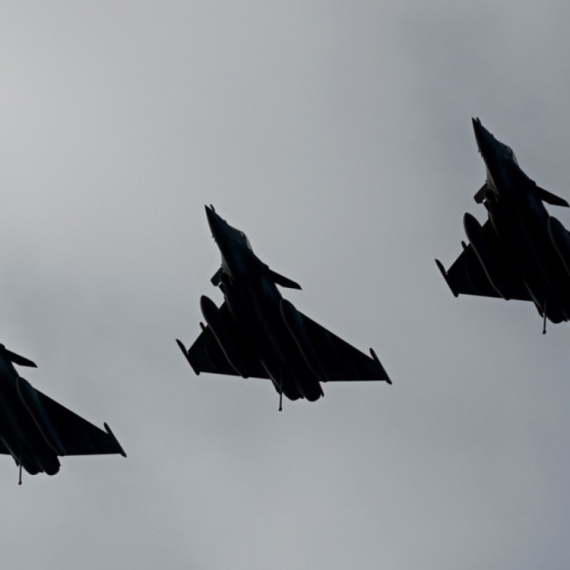


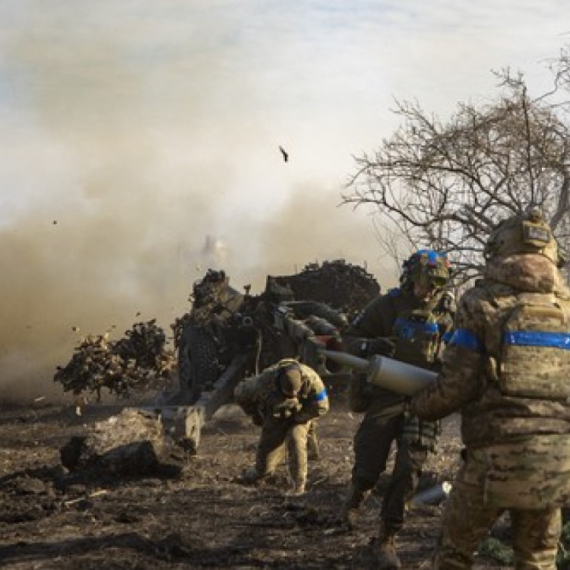
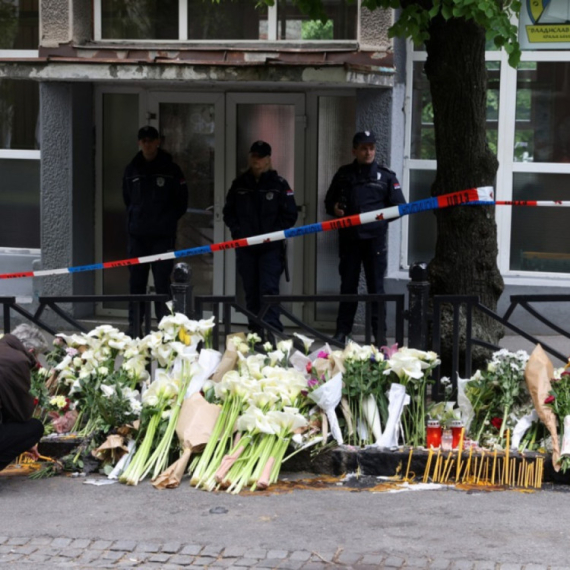
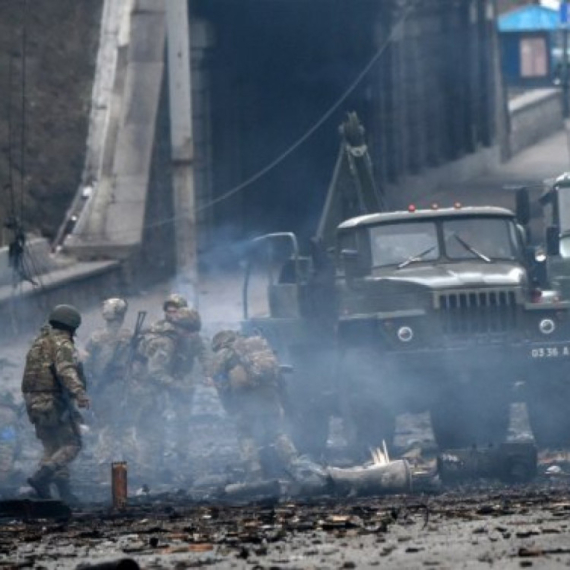
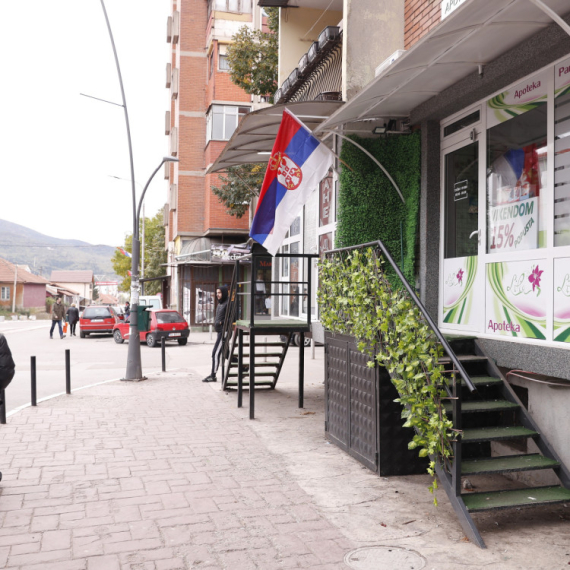

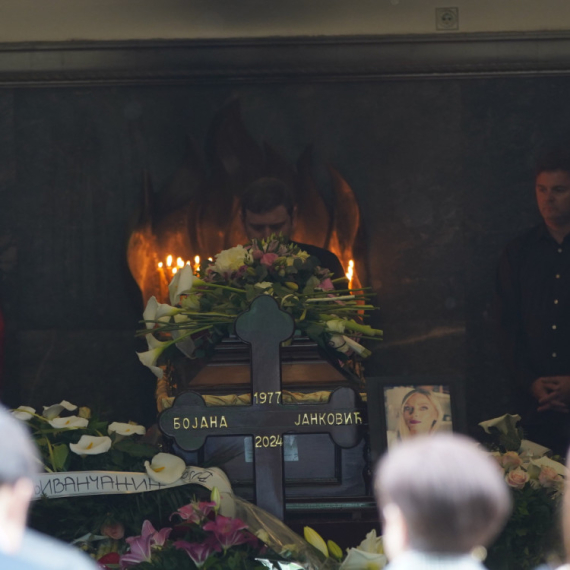
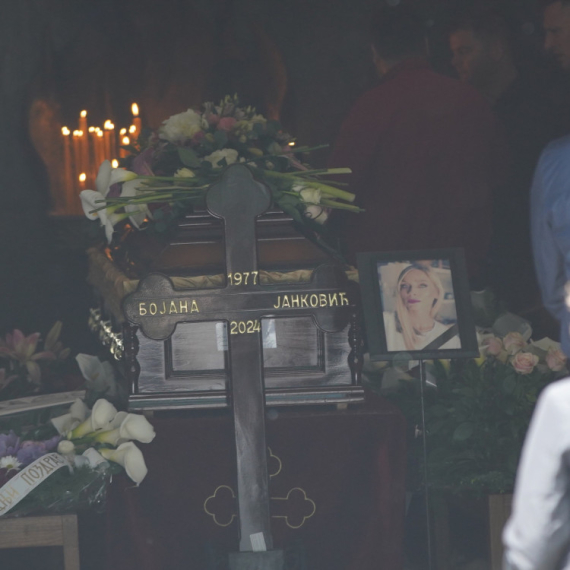

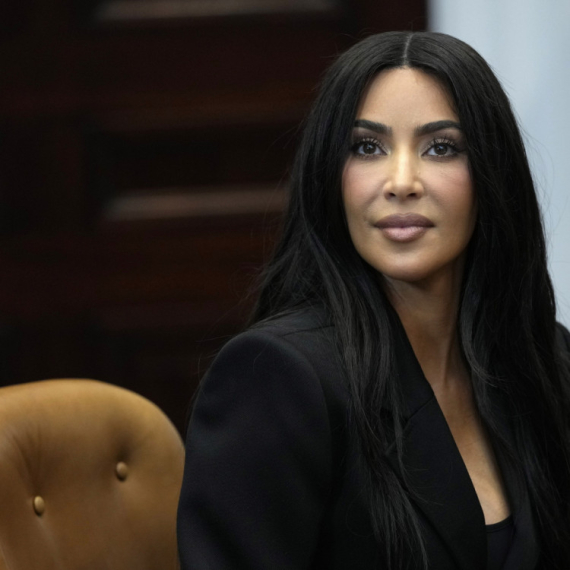


































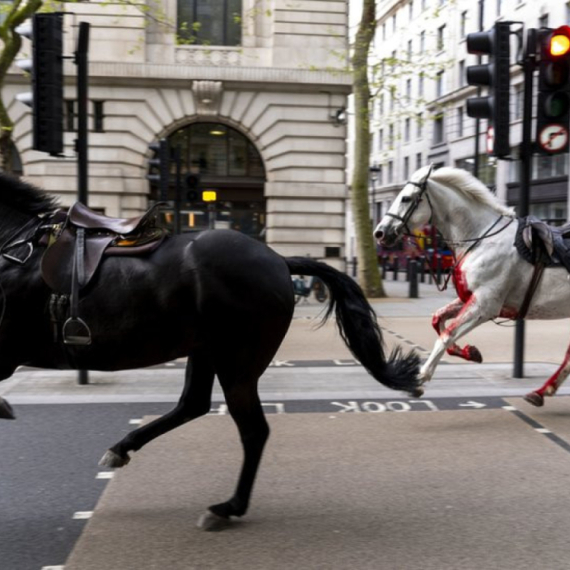

Komentari 15
Pogledaj komentare